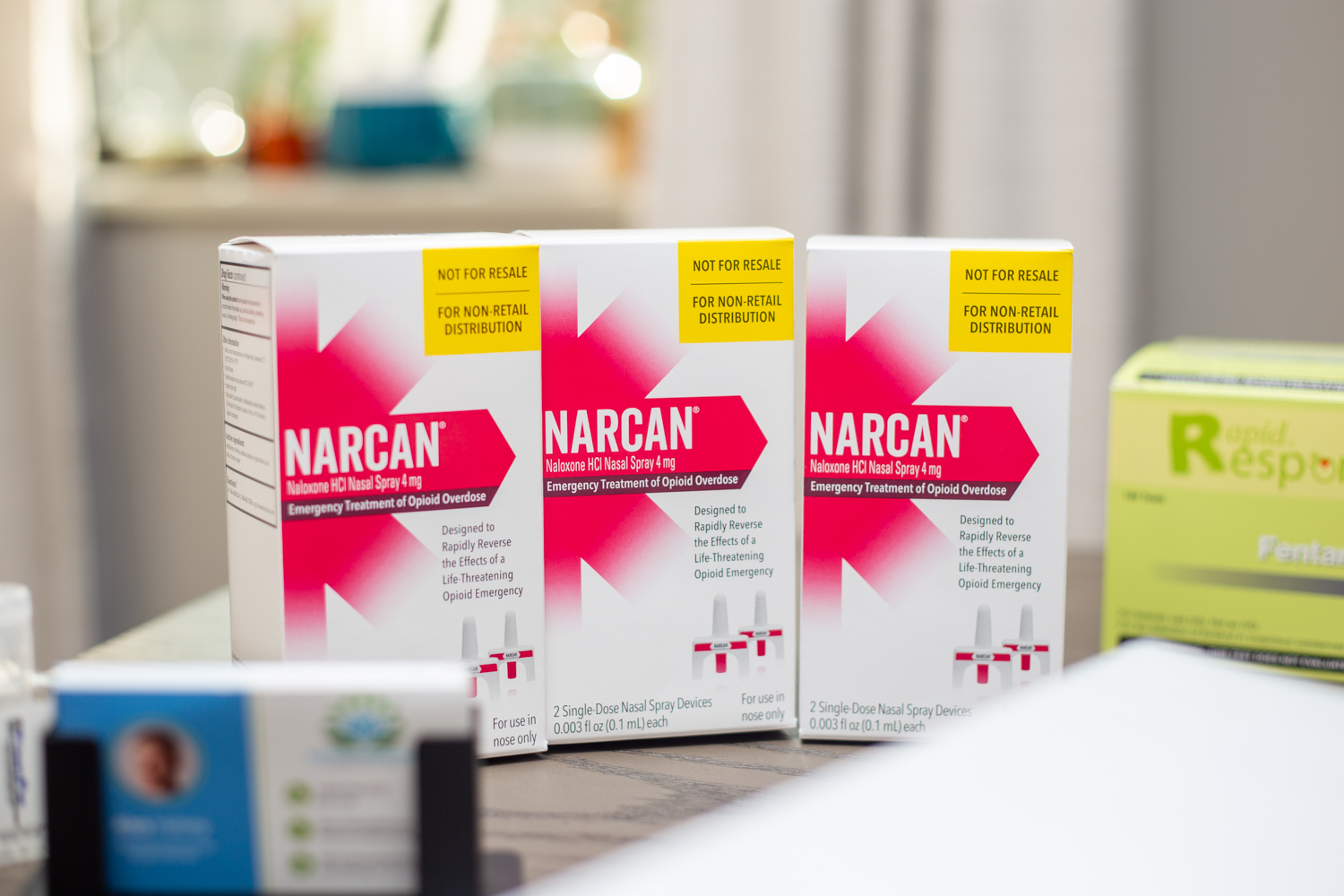Starting From Uncertainty
When Alex Halsey joined the Lewis County Health Department, he felt the weight of expectation. He had just started the job and, within weeks, was being sent to a Grant Ready Kentucky grant writing workshop. The challenge? He had never written a grant.
“I had no idea how to format a grant,” Alex remembers. “I knew about demographics. I knew logic models, to a point. And I kind of knew what needed to go in a proposal. I just didn't know how to build it.”
The stakes felt high: in a rural public health department, every grant secured or passed up could mean a health department job saved or lost, a patient served or not.
The Workshop: From Intimidation to Clarity
When he traveled to the Grant Ready Kentucky Grants 101/201 Workshop, Alex braced himself. “I was afraid I was going to be overwhelmed with information,” he said.
But the experience surprised him. “Melissa [Vermillion] broke it down really well. And I was so engrossed in all of it that I even went back to the hotel room and just kept reading and looking and reading. And then I celebrated by going out and taking a hike by Cumberland Falls.”
The two-day session didn’t just offer technical instruction. It gave him a foothold. “It gave me the confidence to be able to go out and write a whole grant and approach the state with an idea. I would never have had the confidence to do that before.”
Why It Matters in Rural Kentucky
The urgency wasn’t abstract. “Public health departments are so underfunded to begin with,” Alex said. “And with all these federal funding cuts, every dollar we can secure is helping save somebody's job.”

This meant that building capacity wasn’t a luxury. If Lewis County was going to keep properly serving its patients, better coordinate emergencies, and continue its harm-reduction programs, someone had to bring in new resources. Alex, once unsure of his place, now saw what he had to do.
The Payoff: More than $900K Secured
In only two years, Alex went from having never written a grant to securing $922,133.30 in new grant funding for the Lewis County Health Department.
“We've been able to remodel our building. We've gotten new emergency equipment, so now we can go see people in their homes, meet them where they are. We've been able to help dozens of people with diabetes management,” he said.
One of the most personal wins was a grant for Narcan boxes across the county. “That was really powerful for me because I have family members who have overdosed,” Alex recalled. “So being able to get funding, tell a story, and get the supplies to go out and actually put that in our community was really cool.”

Looking Ahead: Building Social Work Pipelines
For Alex, the journey not only secured funding for the health department but actually reshaped his future. “I was able to get a grant to send myself back to school. And now I'm finishing up my bachelor's in social work, and I plan on getting my master's in social work. All of that was only possible because of Grant Ready Kentucky.”
That personal breakthrough sparked a bigger professional idea. If one grant could change his trajectory, why not build a system that could do the same for others? Alex envisions a true pipeline for rural social workers—helping students interested in social work move from high school to college to graduate programs without having to leave their community.
The need is urgent. Across Kentucky, the average is approximately one social work provider for every 650 people. In Lewis County, it can be as high as one provider for 6,500 people. With just three licensed clinical social workers already stretched to their limits, there’s no way to meet the current demand.
Alex’s vision is to close that gap. By combining grants, mentorship, and local placements, he sees a future where homegrown providers are trained, credentialed, and ready to meet the needs of their neighbors. What began as a way to add value in his job has grown into a plan to ensure rural Kentucky has the workforce it needs to care for its people.
Advice to Others—and a Message to Policymakers
Alex’s advice to other nonprofits curious about Grant Ready Kentucky’s workshops? “Do it. I would say that it's 200% worth your time. If you want a sustainable nonprofit in today's times, it’s essential that you have a well-established grant writer, either on your team or really close. Go attend a Grant Ready Kentucky program.”
And to legislators weighing support? “If you're part of the Cabinet for Economic Development, you're obviously interested in developing the economy. One of the best ways to do that is to fund programs that help the economy. It’s been proven to work once. Let's not reinvent the wheel. Let's do it again. I would throw all my weight behind it.”

Proof of What’s Possible
Alex’s story is not just about one person. It’s evidence of what happens when rural Kentuckians with no prior experience are given the tools and confidence to try. In two short years, a brand-new staffer turned uncertainty into nearly $900,000 in funding for his community.
That’s the power of the Grant Ready Kentucky model.
